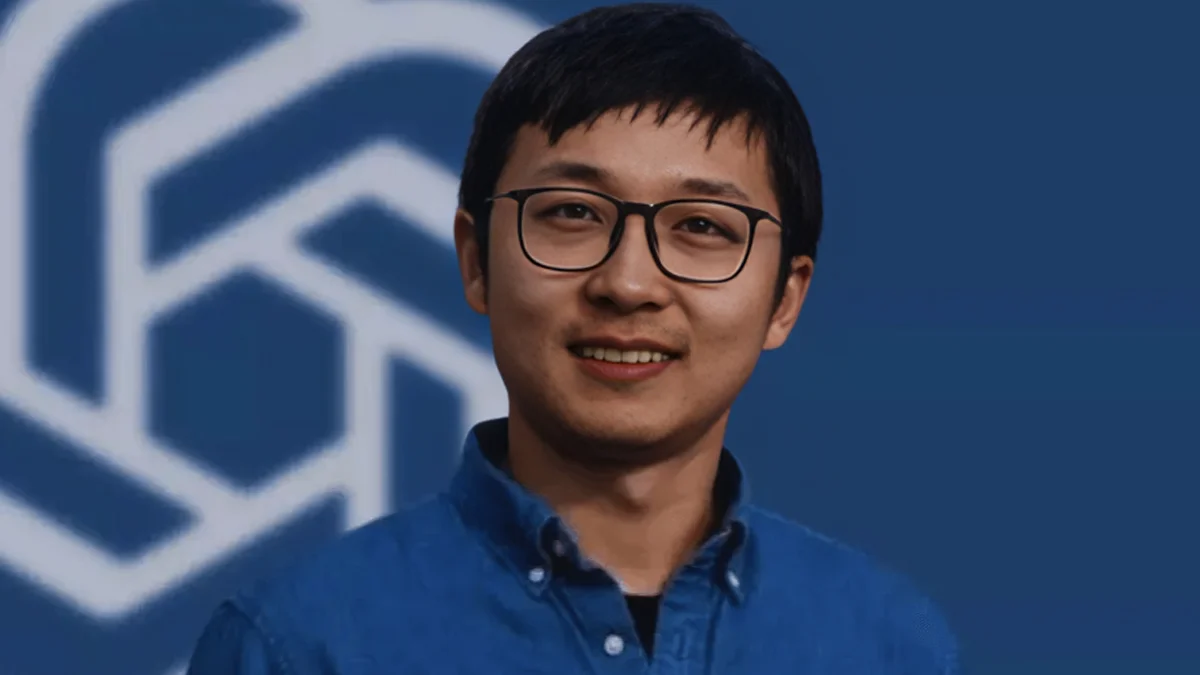Necessary Always Active
Necessary cookies are required to enable the basic features of this site, such as providing secure log-in or adjusting your consent preferences. These cookies do not store any personally identifiable data.
|
||||||
|
||||||
|
||||||
|

Zuckerberg has appointed Shengjia Zhao as the new Chief Scientist of Meta’s leading AI research group, the Meta AI Superintelligence Lab, as reported by the Times of India. Zhao, who was previously a co-creator of OpenAI’s ChatGPT, is now tasked with leading Meta’s efforts to build next-generation general intelligence systems.
Talking about Shengjia Zhao, Zuckerberg stated, “Now that our recruiting is going well and our team is coming together, we have decided to formalize his leadership role.”
Shengjia Zhao joined Meta after several years of working on advanced AI systems at OpenAI, where he co-led teams responsible for reinforcement learning and model alignment. His appointment signals Meta’s seriousness in expanding its AI capabilities beyond current LLM-based assistants.
Meta said in a statement that Zhao will guide Meta’s AI Superintelligence Lab on both technical research and ethical deployment frameworks. The company aims to build powerful AI agents capable of planning, reasoning, and executing complex tasks autonomously, a leap from current chatbot-level intelligence.
In a recent social media post, Mark Zuckerberg stated, “Shengjia has already pioneered several breakthroughs including a new scaling paradigm and distinguished himself as a leader in the field. I’m looking forward to working closely with him to advance his specific vision.”
Zuckerberg appointed Shengjia Zhao as Chief Scientist to guide the lab’s mission. Shengjia Zhao joined Meta after earning recognition for his work at OpenAI, where he contributed to early research on scalable AI and model alignment. His background blends academic rigor with hands-on experience building safe, adaptable AI systems.
Before joining Meta, Shengjia Zhao co-created ChatGPT, making him one of the most influential figures in the field of generative AI. He played a pivotal role in the research and development of GPT-4, as well as GPT-4.1 and OpenAI’s o3 model, which are regarded as major milestones in aligning scale with performance and safety. His work on OpenAI’s mini models also helped pave the way for lighter, more efficient versions of large language models that power AI tools today.
Zhao’s expertise lies in safe model training, interpretability, and reinforcement learning from human feedback (RLHF), making him uniquely qualified to lead Meta’s push into superintelligent AI systems.
Meta’s AI Superintelligence Lab is its most ambitious research initiative so far which is built to explore the frontier of artificial general intelligence (AGI). Unlike current language models that respond based on patterns, the lab is focused on developing AI systems that can reason, adapt, and solve new problems with minimal instruction.
This lab signals Meta’s shift toward long-term AI breakthroughs, aiming to create models that understand complex tasks, think critically, and interact meaningfully across digital and physical worlds. The lab’s research goes beyond improving chatbots or content recommendations, it’s about building foundational intelligence that could one day learn like humans do.